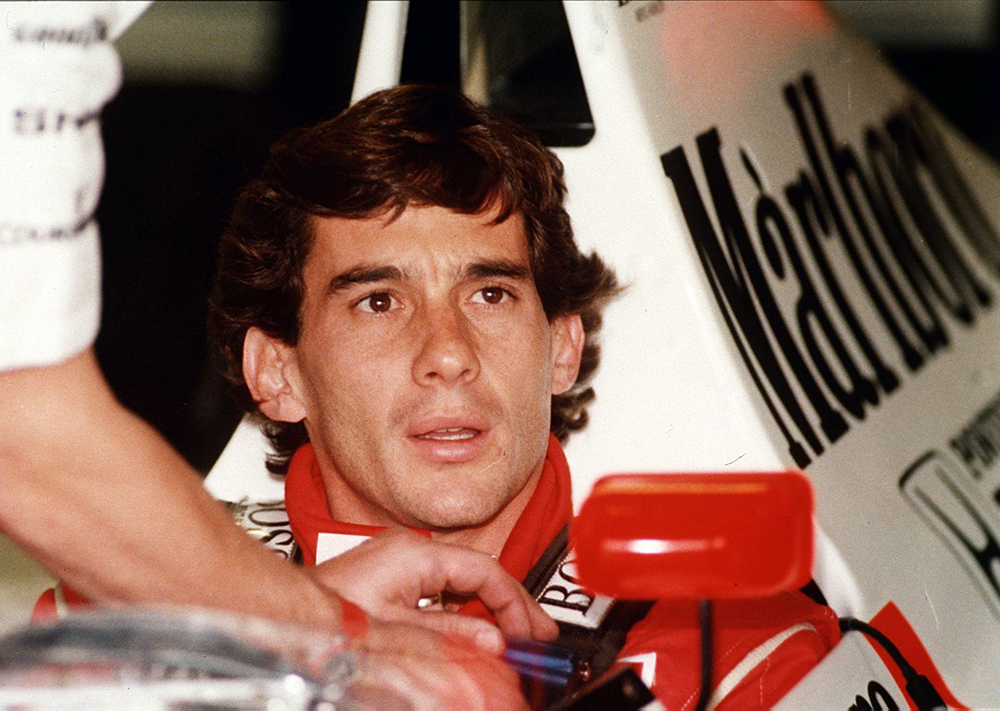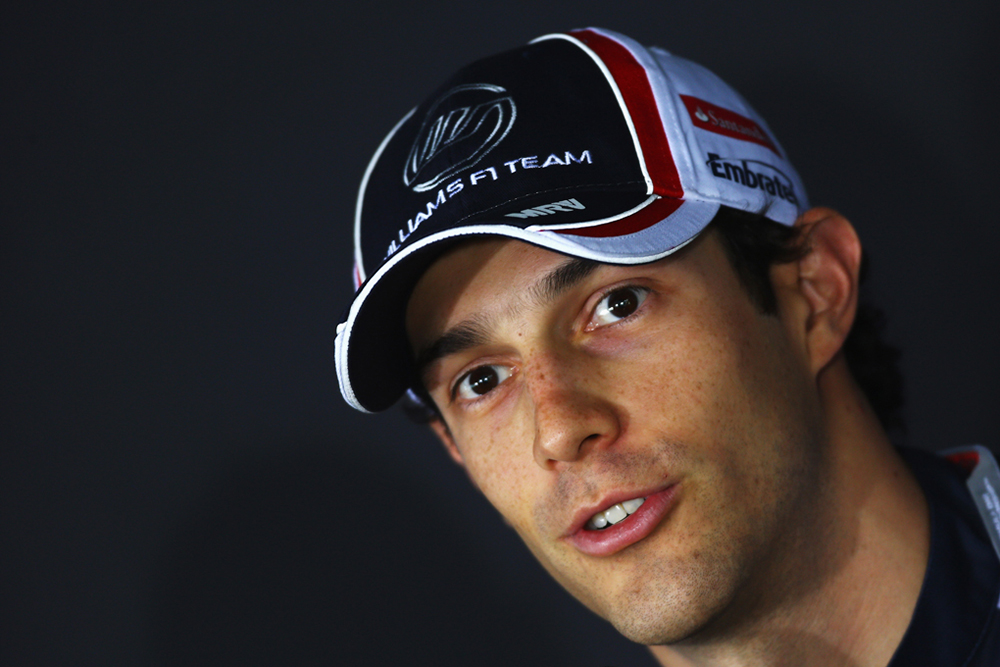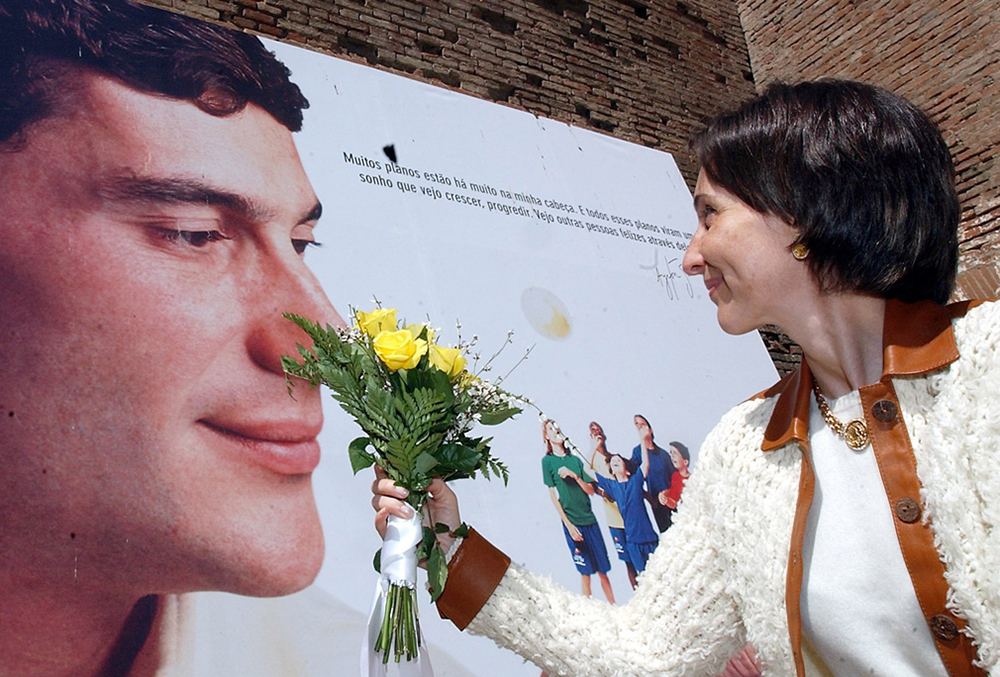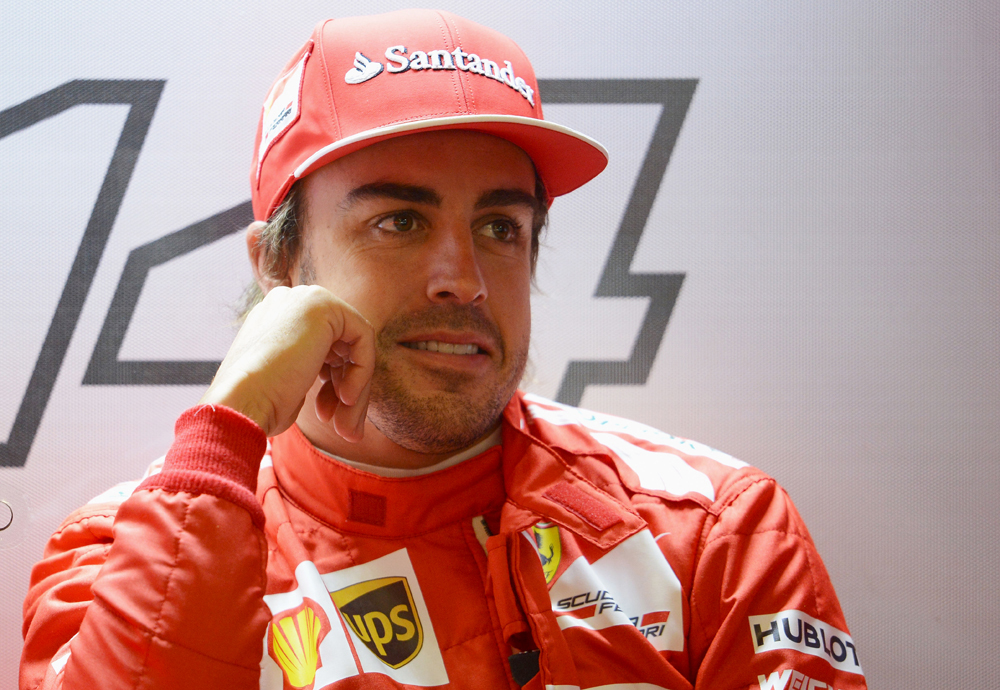Remembering Ayrton Senna (1960-1994)
He was a racing driver paid to drive faster than his rivals but ask anyone who is fascinated by greatness, and they will be able to tell you where they were when Ayrton Senna died 20 years ago today

ON THE face of it he was just a racing driver paid to drive faster than his rivals but ask any Brazilian, anyone who cares about motorsport or anyone who is simply fascinated by greatness and they will be able to tell you where they were and what they were doing the day Ayrton Senna died 20 years ago today, May 1 1994.
To this day, the memory of the Brazilian driver’s passing, following a 150mph crash during the San Marino Grand Prix, can cause grown men to shed a tear and speak reverentially about a man most of them knew only from TV interviews and race footage.
That he won three Formula One World championships and a total of 41 Grands Prix in his 10-year-long F1 career seems almost incidental. There’s something about the man that burns like a laser through the trophies and the champagne to touch the hearts of millions across the world.
If you struggle to understand why the memory of Ayrton Senna exerts such a hold over so many people, read the reflections of those who knew, loved or simply worked with him, as well as the words of the man himself, below:
The many sides of Ayrton Senna…
The patriot

Bruno Senna (racing driver and Ayrton’s nephew): “He was a patriot. This is something that separates Ayrton not only from Brazilian figures but quite a few international sports figures, too. He was always trying to show that he was Brazilian, and proud to be so. Not many people have identified themselves with that, considering how many difficulties there are in Brazil, the differences between the poor and the rich. That he was proud of the association, proud to be Brazilian, is still an example to us all.”
Ayrton celebrates his 1991 Brazilian Grand Prix victory with his fellow countrymen: “Thank you, Brazil, thank you, fans. The human heat this weekend was so great that we had to win this time. It couldn’t be any other way. We did it.”
The trouble-maker
Viviane Senna (Ayrton’s sister): “Ayrton was called the King of Trouble because wherever he went, something would happen. There was competition back then. It was a sport that had excitement. Today it’s lost that.”
Ayrton (after walking out out on the 1990 Japanese Grand Prix drivers’ briefing when the crash between himself and rival Alain Prost, the year before, is brought up): “I can’t stand it. I can’t stand this. It’s a joke. After what happened last year, it’s a joke, this situation. You just proved here… I said nothing, and you see somebody raising the point, and you see everybody agreeing. And last year was really bad for me. I’m sorry. I’m sorry, but I have to leave.”
The nature lover

Viviane Senna: “He wanted to be a forestry agent in Angra dos Reis, near Rio. When he was in Brazil he always liked to be there or on the farm, close to nature. He said it recharged his batteries so he could spend a year on the front lines in Europe.”
The grafter
Viviane Senna: “Ayrton was considered the king of the rain, but to be king of the rain he had to fail first. He was leading a kart race in Interlagos when he was 12 and he lost control of the kart in the rain and he spun off. And so every time it rained he got in the kart and he drove, wherever he could. He drove till it was dark and he’d come home completely soaked. And that was how he learned to drive in the rain. He had talent and that talent wasn’t enough; he had to have the discipline and the persistence to develop his talent.”
The competitor
Ayrton responds to Sir Jackie Stewart (retired three-time F1 World Champion) who suggests Senna has been in too many accidents: “You are very experienced and you know a lot about racing, and you should know that by being a racing driver you are under risks all the time. And by being a racing driver means you are racing with other people. And if you no longer go for a gap that exists, you’re no longer a racing driver. Because we are competing. We are competing to win.”
The businessman
Frank Williams (Ayrton’s last F1 team boss): “My abiding memory of Ayrton is not his world-class ability as a racing driver but as an intellectually unbeatable businessman. Throughout the several meetings that took place between me and Ayrton regarding his joining Willams, it became apparent that he arrived for each and every meeting fully prepared on every point for discussion. He was gifted with a propensity for extraordinarily clear thinking and an outstanding ability to out-guess, out-think and out-manoeuvre his business opponent.”
The believer
Ayrton (responding to Prost’s claim that Senna believes he is immortal because of his faith in God): “Because I believe in God and have faith in God, it doesn’t mean I am immortal. It doesn’t mean I am immune, as has been claimed. I am as scared as anyone of getting hurt, especially driving a Formula One car.”
Ayrton (the driver recalls the final lap of the 1988 Japanese Grand Prix as he won his first Drivers’ World Championship): “I started being thankful as I was doing the last lap. I thanked God. I couldn’t believe I was actually going to win the Championship with all the anxiety and tension. I felt His presence. I visualized I saw God. It was a special moment in my life. An enormous feeling. I have registered it in my memory, and it remains a part of me.”
The inspiration

Fernando Alonso (F1 World Champion, 2005, 2006): “I remember I went to school and on my book I didn’t have pictures of girls, but I had Ayrton there, and the same in my room. I had a big poster of Ayrton and even my first go-karts were in the colours of Ayrton’s McLaren because my father also liked him.”
Lewis Hamilton (F1 World Champion, 2008): “When I was a kid I had all the books, all the videos … Ayrton was the driver I looked up to, way before I even started racing. He inspired me to be a driver and on the day of his passing it was very difficult for me to show my emotions, so I went off to a quiet place and it was very difficult for several days … your hero’s gone.”




